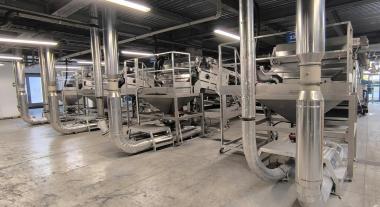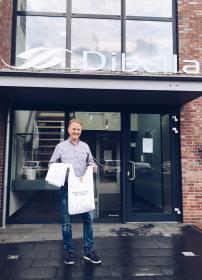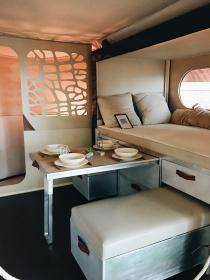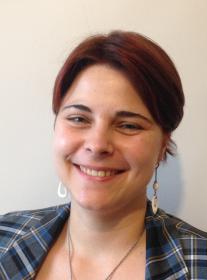AkzoNobel: Expansion of powder coatings plant in Italy
A major capacity expansion has been completed at AkzoNobel’s Powder Coatings site in Como, Italy, which will help secure supply to customers across Europe, Middle East and Africa (EMEA).
Four new manufacturing lines are now operational following the €21 million project – two of them dedicated to automotive primers and two to architectural coatings. New bonding equipment lines have also been added, ensuring that the products meet and exceed industry standards.
The extra capacity in Como has been installed in a renovated building where powder coatings were originally made – a sustainable reuse of an existing part of the site, which was established in 1992. The new lines also use recycled energy and are focused on meeting the highest standards in sustainable production, supporting the company’s ambition to reduce its carbon emissions by 50% by 2030.
AkzoNobel’s Como site is the company’s largest plant for producing powder coatings. It supplies products for market segments, such as home appliances, architecture, automotive, furniture and more.
AkzoNobel














